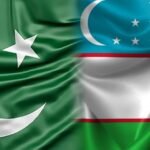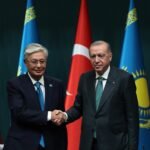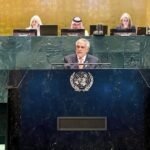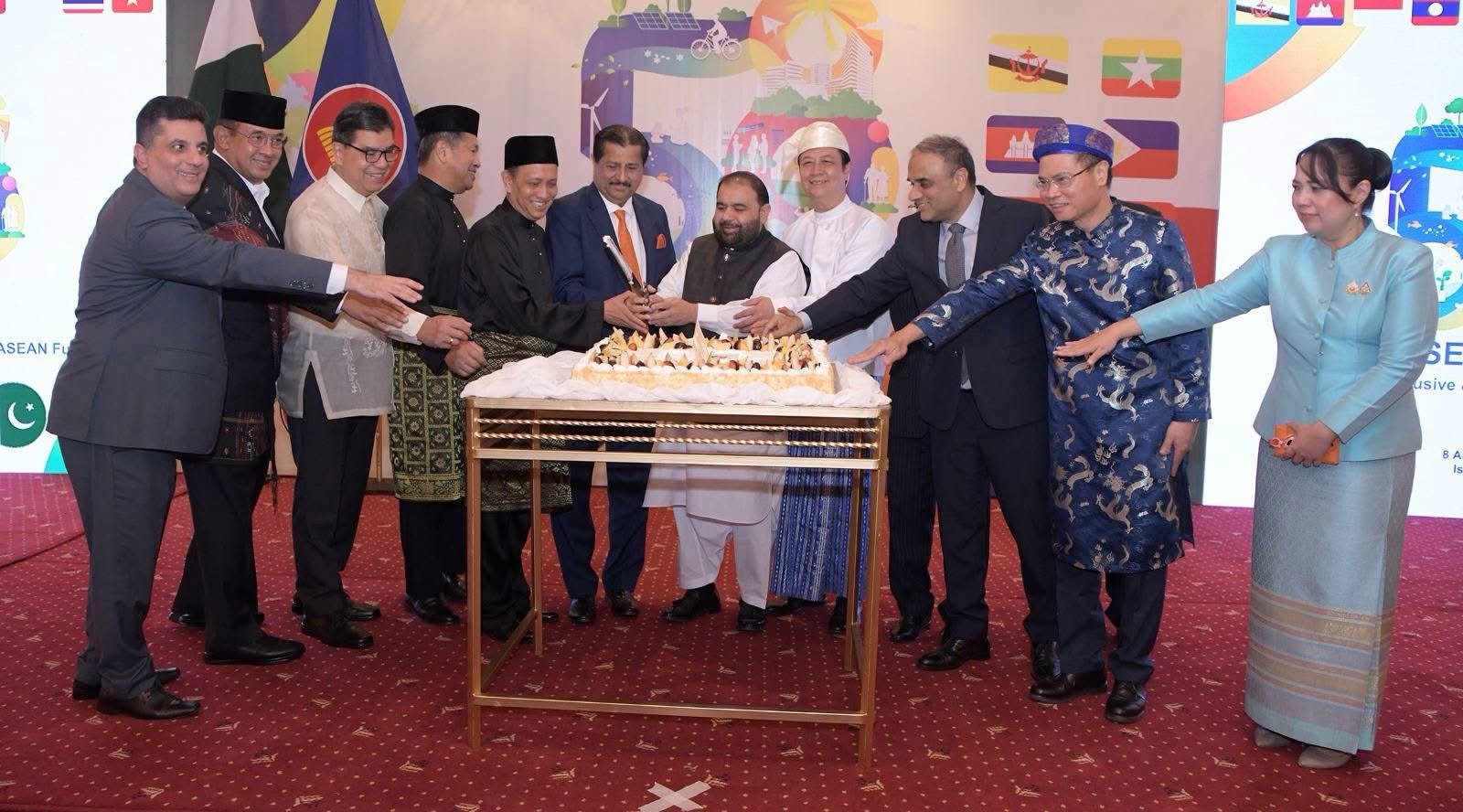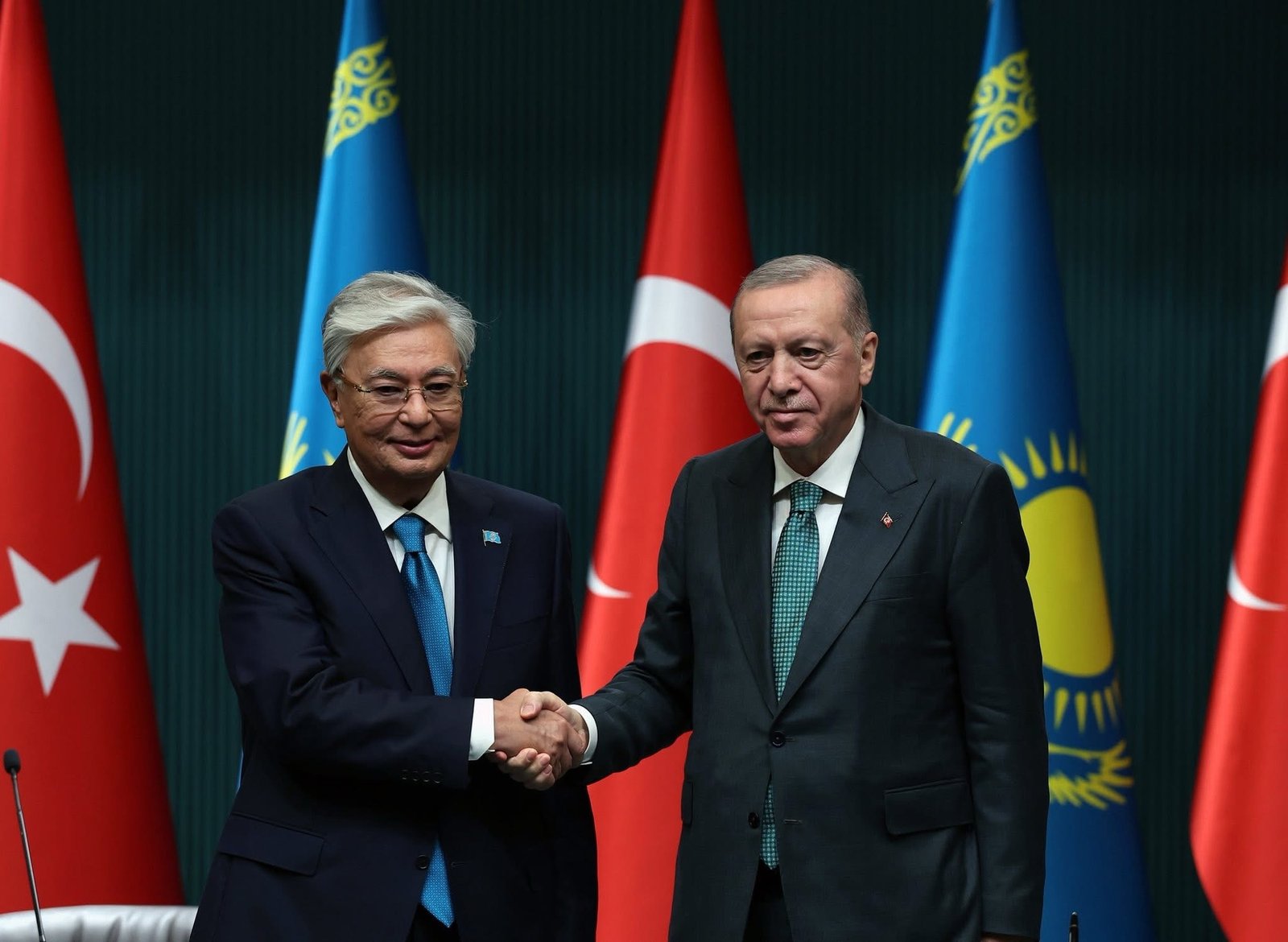
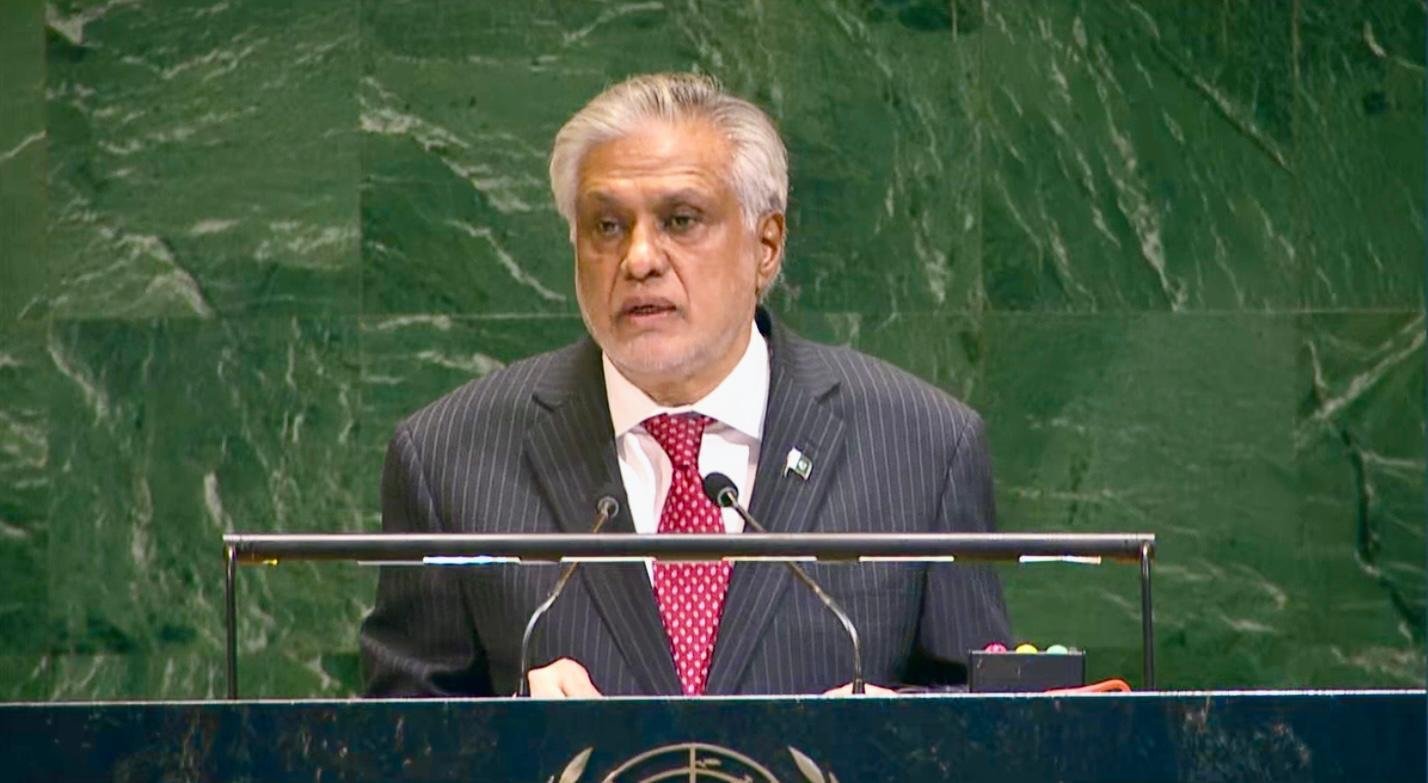
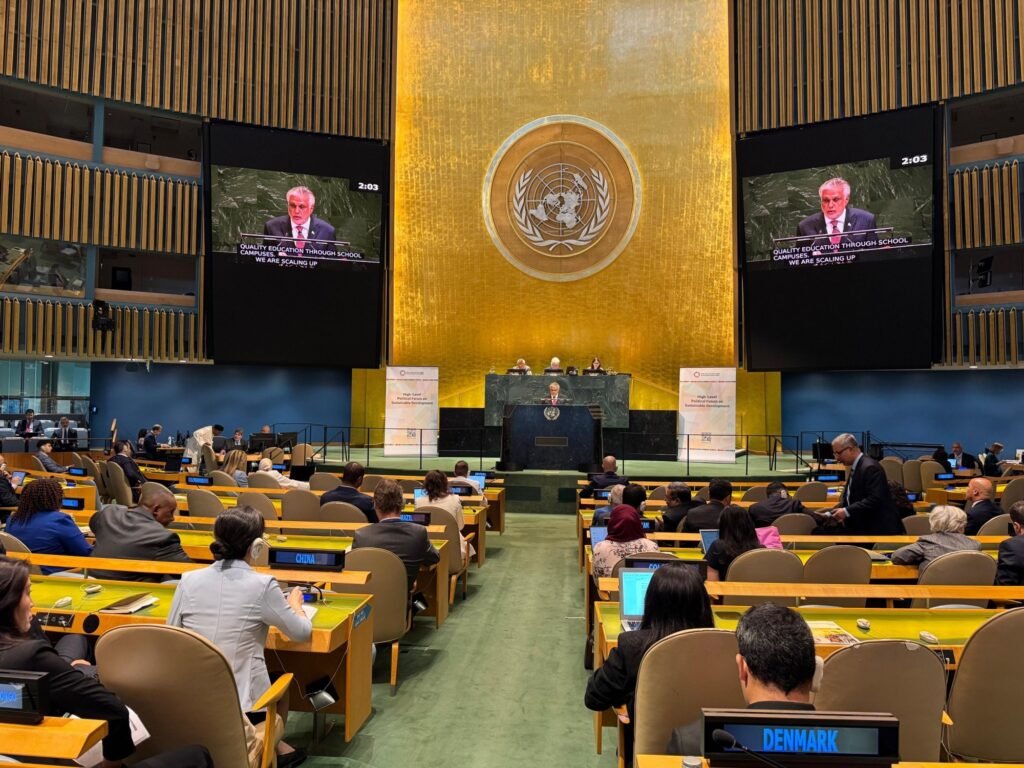
New York, July 21, 2025 —
At the Ministerial Segment of the High-Level Political Forum (HLPF) on Sustainable Development, Deputy Prime Minister and Foreign Minister of Pakistan, Senator Mohammad Ishaq Dar, delivered a compelling address reaffirming Pakistan’s unwavering commitment to the 2030 Agenda for Sustainable Development.
Speaking during the general debate, Senator Dar highlighted that with only five years remaining to achieve the Sustainable Development Goals (SDGs), the global community faces a sobering reality: just 35% of the goals are currently on track. He cited the cumulative setbacks caused by the COVID-19 pandemic, food and energy crises, rising debt, and intensifying climate change impacts that have reversed development gains and widened global inequalities.
Despite these challenges, Senator Dar emphasized that Pakistan remains steadfast in its efforts to meet the SDGs. He outlined several national strategies and programs aligned with the global goals, including:
Uraan Pakistan (Take-Off Pakistan) – a national development initiative; Benazir Income Support Programme and Benazir Nashonuma – flagship social protection efforts aimed at supporting vulnerable populations and child growth; Digital Youth Hub and expansion of Danish Schools and new university campuses – to empower Pakistan’s youth through quality education and digital access.
In a strong push for climate action, Senator Dar announced Pakistan’s target of achieving 60% renewable energy by 2030, highlighting initiatives such as Recharge Pakistan and Living Indus, as part of broader environmental and resilience strategies. He also noted that Pakistan’s revised nationally determined contribution (NDC) under the Paris Agreement is nearing finalization.
To attract global investment, Senator Dar pointed to key macroeconomic reforms and the role of the Special Investment Facilitation Council in directing foreign investments into priority sectors.
Calling for global solidarity, Senator Dar underscored that national efforts alone are not enough. He urged for urgent and deep reforms in the international financial architecture, echoing the UN Secretary-General’s call. “Developing countries need scaled-up access to concessional and grant-based resources, meaningful debt relief, and increased climate finance to close the SDG financing gap,” he stated.
He also welcomed the Compromiso de Seville, adopted at the Fourth International Conference on Financing for Development, as a clear roadmap for action that must be implemented without delay.
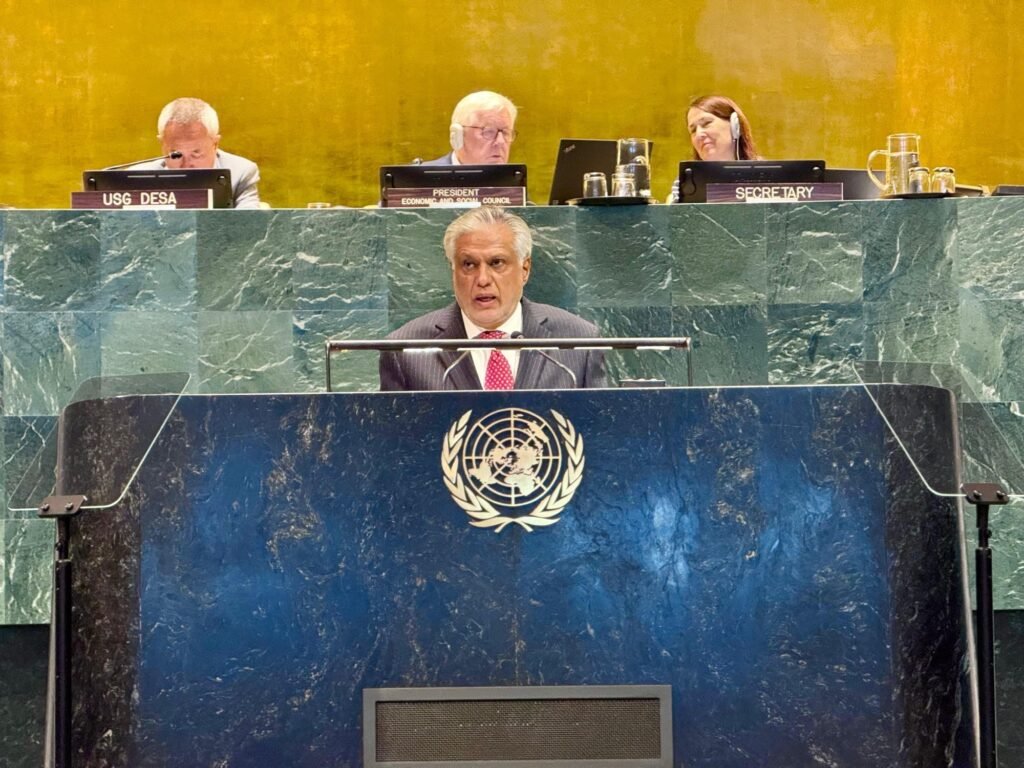
As the world marks the 80th Anniversary of the United Nations, Senator Dar called for a “critical re-think” to strengthen the UN’s three foundational pillars—peace and security, development, and human rights—and to renew global resolve toward achieving the SDGs.
This report is part of Diplo Insight’s coverage of international diplomacy, global development, and multilateral affairs.
For more updates, follow @DiploInsights

